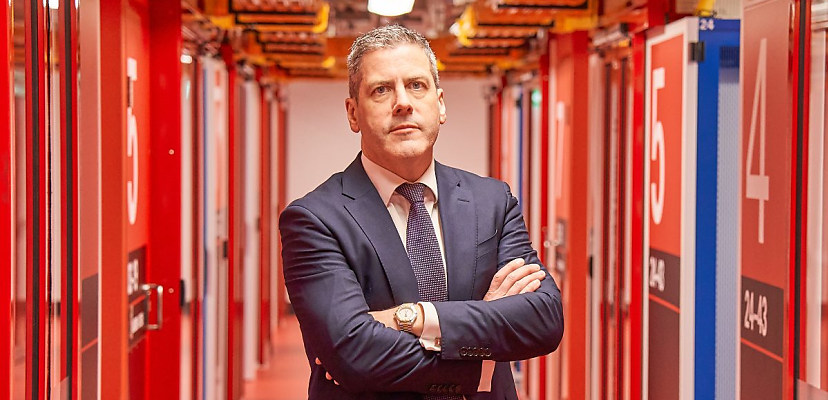Share this article on:
Powered by MOMENTUMMEDIA
Powered by MOMENTUMMEDIA
Breaking news and updates daily.
AUCloud took the stage at the Australian Cyber Security Summit to launch its 2024 Cyber Security Healthcare Report.

The last few years have seen the healthcare sector especially battered by cyber criminals. According to the Australian Digital Health Agency, health service providers report more than double the number of data breaches compared to the next highest industry.
In 2022, Medibank was breached in Australia, and earlier this year, UnitedHealth’s Change Healthcare suffered a ransomware that stunted healthcare operations across the US. Most recently, Australian healthcare giant MediSecure suffered a cyber attack, the result of which was the liquidation of the company.
In light of the dangers faced by the healthcare industry in the cyber space, Australian award-winning cyber security firm AUCloud has released its 2024 Cyber Security Healthcare Report, highlighting the dangers faced by the industry in Australia and around the world.
“Globally, there has been a 71 per cent year-on-year increase in cyber attacks targeting healthcare organisations, with the World Health Organisation (WHO) reporting that cyber attacks on healthcare institutions pose a significant threat to global health security,” the report said.
“Closer to home, the Australian Digital Health Agency (ADHA) revealed 41 per cent of healthcare organisations in Australia experienced a cyber attack in 2023.”
Released at Cyber Daily’s Australian Cyber Security Summit, the report shares results from a poll of 1,000 Australian voting adults on the sentiment around healthcare data, courtesy of YouGov.
The report found that 82 per cent of respondents are worried about unauthorised access to personal health records.
“One-third of those surveyed said they were ‘very to extremely worried’ about personal or family’s personal health records being accessed without permission,” the report said.
Additionally, respondents said that they factored in the data security capabilities and measures of an institution when choosing a healthcare provider.
“Nearly nine out of 10 (88 per cent) of people said health information security would affect their choice of healthcare provider. Of this group, 64 per cent stated it would have a significant or high impact on their choice,” the report said.
Another interesting trend was that women typically were more likely to factor in information security when choosing a healthcare provider, with 68 per cent of women over 60 per cent of men.
AUCloud CEO Peter Maloney told Cyber Daily that there are three key reasons the healthcare sector in Australia is being targeted:
To prevent these attacks, AUCloud’s report said there are a number of things healthcare organisations can do to protect their patients’ data.
“To ensure the protection of Australians’ data from avoidable security breaches, healthcare providers should adopt a multi-layered strategy,” the report said.
“This strategy should combine technical safeguards with human-driven protection and detection solutions, complemented by comprehensive employee training and adherence to regulatory requirements.”
Maloney, like 71 per cent of respondents, believes it is the responsibility of healthcare providers or the federal government to protect healthcare data.
“As custodians of the healthcare system, businesses must bolster their defences,” he said.
“All healthcare providers bear the responsibility of diligently managing data and systems, prioritising proactive measures to safeguard against cyber and technical incidents.
“It is essential for them to focus on comprehensive solutions that encompass protection, detection, response, and proactive planning for major incidents in the cyber and technical domains.”

Be the first to hear the latest developments in the cyber industry.